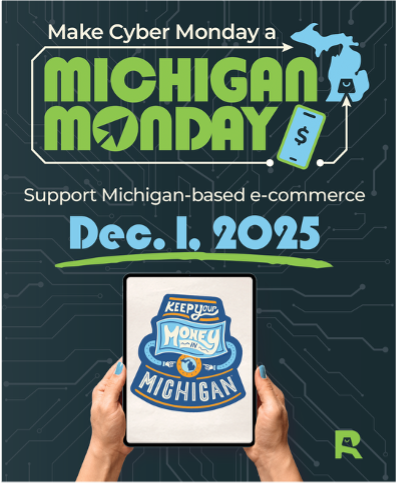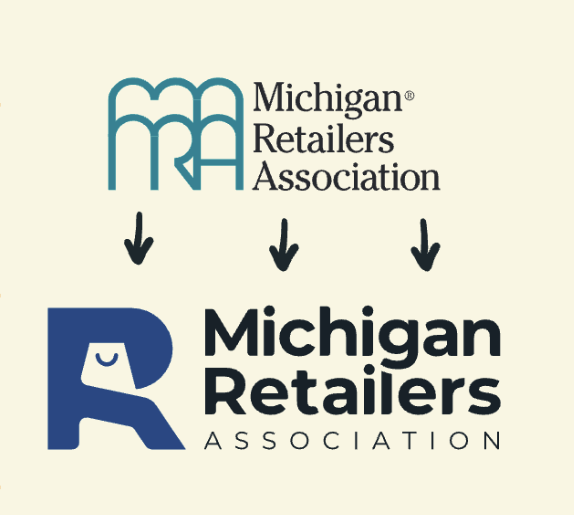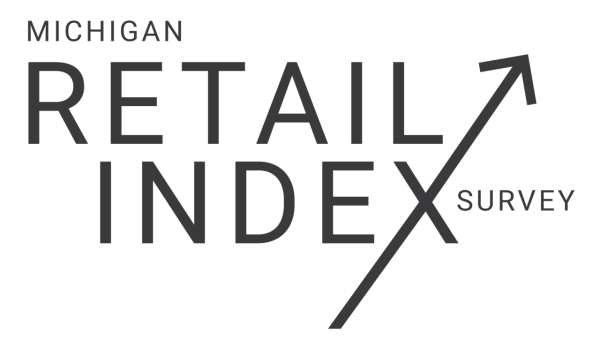In this issue:
- Senate subcommittee pushes Pure Michigan funding
- Bipartisan package to update tobacco/vaping laws introduced
- Legislators mulling bank and grocery store-based Secretary of State locations
- FDA begins enforcement on certain flavored vaping products
- State scraps switching pharmacy Medicaid reimbursement to fee-for-service plan
- Regulatory round-up
- 2019-2020 bill tracker
Senate subcommittee pushes Pure Michigan funding
Following an overview of the proposed Labor and Economic Opportunity budget, the Senate Appropriations Subcommittee on Talent and Economic Development pushed back on the governor’s proposed funding cut to the Pure Michigan campaign. In the executive budget recommendation, Gov. Whitmer only allocated $15 million next year to Pure Michigan after vetoing $30 million in funding for the current fiscal year. Subcommittee members pointed out that Pure Michigan has a quantifiable benefit to the state while some of the other proposed budget items may or may not be as easy to quantify. The committee made it clear they believe Pure Michigan helps attract talent which is needed to fill jobs and communities in addition to generating tax revenue for the state from additional tourism spending. Legislators on the subcommittee intend to focus on returning funds to the Pure Michigan program for the current fiscal year and a return to more normal levels of funding in the proposed budget for next year.
Bipartisan package to update tobacco/vaping laws introduced
A bipartisan package of legislation introduced last week as SB 781-786 makes a number of changes the vaping industry previously proposed in response to Gov. Whitmer’s flavored vaping ban in September. SB 781 would add a 24% tax on the wholesale price of liquid nicotine solutions but does not tax the electronic vaping device itself, an important distinction for fair taxation. SB 782 would require retailers selling vaping products apply for a license from the Department of Licensing and Regulatory Affairs. The license fee would be $25 and would be valid for one year, expiring annually on Dec. 31. SB 783 would ban advertising and marketing aimed at minors including use of both animated and movie/tv characters in addition to candy and dessert flavors. SB 784 would require retailers use age verification tools like a license scanner or online verification program before selling tobacco products. It would also update the purchase age for tobacco from 18 to 21 on state-required signs and increases penalties for noncompliance. SB 785–786 make changes to reflect age updates in other statutes. Next step: Senate Reg. Reform committee. MRA Position: Under review – MRA supports updates to mirror the federal changes but has reservations about the age verification tool requirements.
Legislators mulling bank and grocery store-based Secretary of State locations
As Michigan residents continue to complain about long wait times at Secretary of State offices, legislators have expressed interest in adding more locations at nontraditional entities like banks, credit unions and grocery stores. Members of the appropriations subcommittees charged with reviewing the Secretary of State’s budget expressed concerns with proposed increases for improved security measures at current branch offices. Instead, they felt security threats have increased because of longer wait times and solving the root problem of longer waiting periods will de-escalate situations at local offices.
FDA begins enforcement on certain flavored vaping products
As of February 6, certain flavored ENDS (electronic nicotine delivery systems) products other than tobacco or menthol flavor are now illegal to sell in the United States. The FDA began prioritizing enforcement against those now illegally marketed flavored e-cigarette products, focusing on products that are particularly popular with youth and are easily accessible or marketed to them. Products that target children are a main focus for the agency and it will not hesitate to act against any product — regardless of whether a product is cartridge-based, disposable or flavored — if it is targeted to minors, its marketing is likely to promote youth use, or if the manufacturer has failed to take (or is failing to take) adequate measures to prevent minors’ access.
The FDA will be initiating inspections and surveillance of manufacturers and retailers that continue to manufacture, distribute and sell unauthorized flavored cartridge-based e-cigarettes (other than tobacco or menthol). Failing to follow the FDA’s requirements risks enforcement actions ranging from warning letters to injunction, seizure and/or civil money penalty actions where warranted.
State scraps switching pharmacy Medicaid reimbursement to fee-for-service plan
In a disappointing reversal, the state announced last week it would not be moving forward with changing pharmacy Medicaid reimbursement from a managed care model to fee-for-service. Pharmacy policy 1936 would have eliminate Medicaid prescriptions from the Medicaid Managed Care to the fee-for-service (FFS) reimbursement methodology, resulting in higher reimbursement amounts for each prescription filled. The state budget approved by legislators last year included a shift to FFS for non-chain pharmacies but the language was vetoed by Gov. Whitmer since the department intended to implement it via policy for all pharmacies. MRA will be working with the legislature and other interested groups to see language added to the upcoming budget that would apply the reimbursement change to all Michigan pharmacies.
Regulatory round-up:
- The Michigan Department of Treasury recently published Income Tax Guidance on Global Intangible Low-Taxed Income (GILTI) For Corporations, Individuals, Trusts and Estates.
- State proposes changing pharmacy licensure dates via requested rule changes to the Public Health Code. These would modify the biennial pharmacy license and registration from renewing every two years on July 1 to renewing on the date the license was issued.
- Fun fact: EGLE uses aerial drones for underground investigations.
- Proposed changes to the landscape architect rules would align with what the industry wants in providing for licensure, re-licensure, current professional competency requirements and license renewals for landscape architects.
- Marijuana excise tax and sales/use tax on marijuana final rules filed.
- REMINDER: Sales, Use and Withholding Taxes Annual Return (Form 5081) is due on Feb. 28. The department reminded business taxpayers it’s easy to file SUW returns online with the SUW EZ Annual Return (Form 5081 EZ) available through Michigan Treasury Online. To use the new SUW EZ Form, go to michigan.gov/mtobusiness and create a Michigan Treasury Online account. No personally identifiable or sensitive information will be required.
- EGLE offering $3 million in organics management grants for the development of food waste management programs. Grants are available for up to $1 million for government entities and nonprofits for projects focused on food waste that result in a finished or partial compost product. The Request for Proposal and additional information is posted on EGLE’s recycling grants web page. The application deadline is 5 p.m., April 20.






